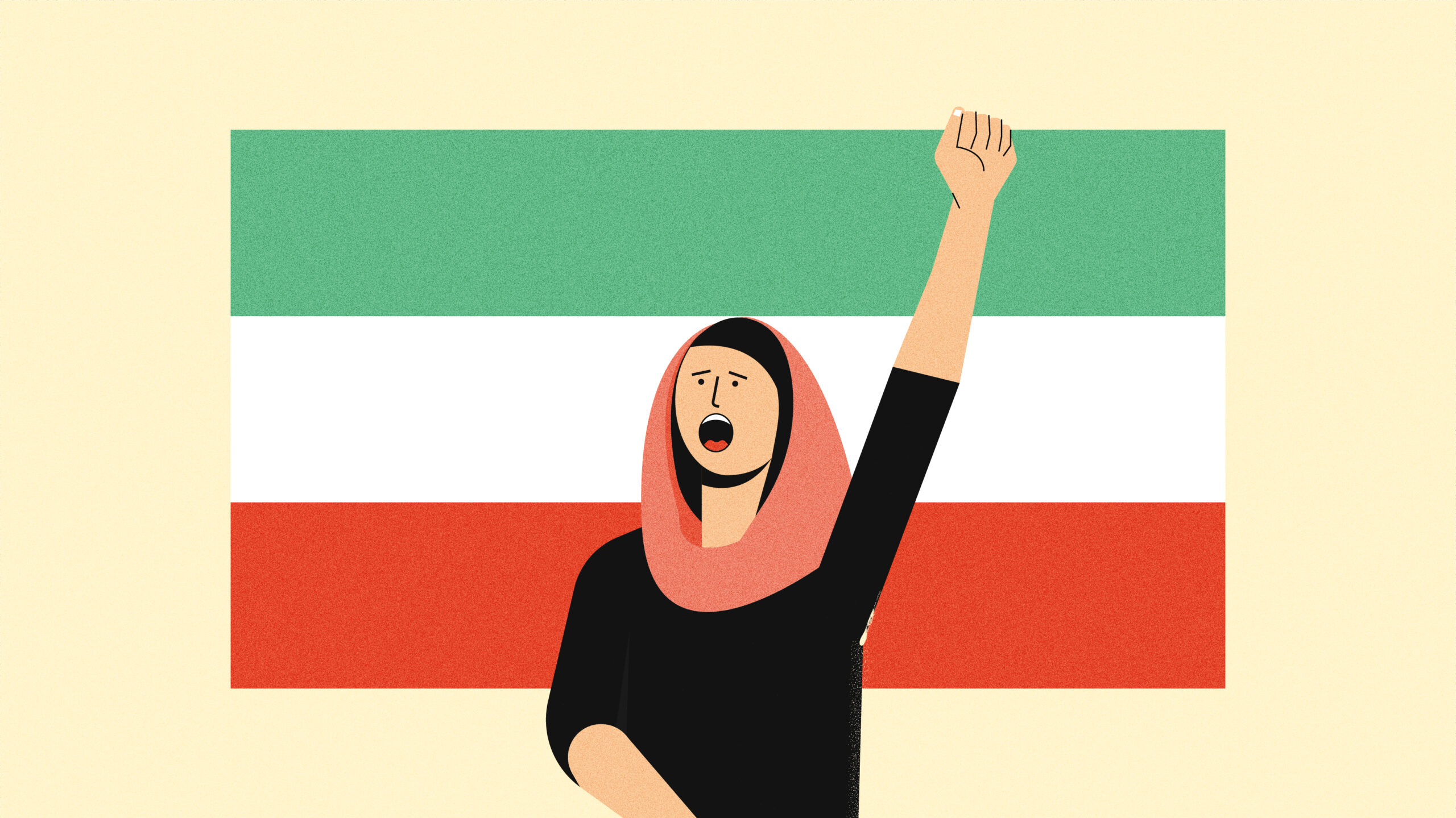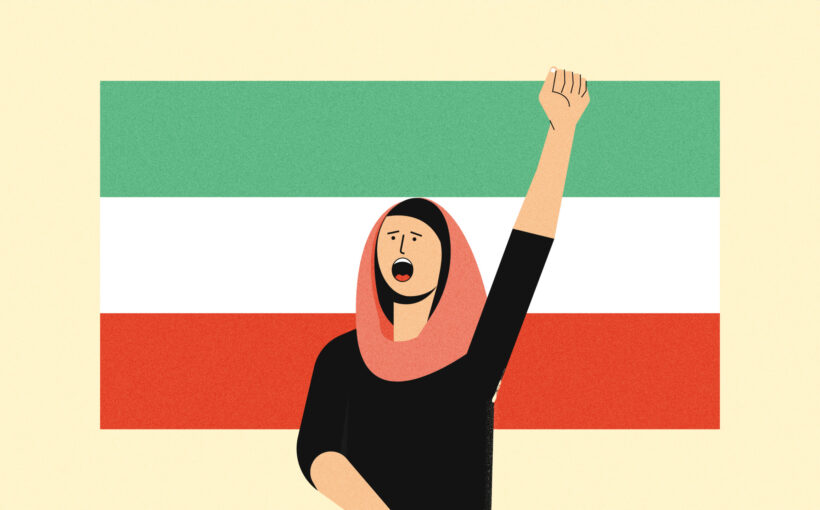
The Good Ol’ Days
When I was growing up, my dad would yell “good old times” every chance he got – like an old man reminiscing on his fine youthful days.
Those times were indeed good. My mother’s gas cylinder is older than me. “I bought it when I was a spinster,” she says every time, “10 naira.” And it’s still very good. Our ‘gas man’, looking at it greedily once said, “madam, you no fit get this type again, lailai.” He’s right; the last one I bought leaked before I could say Jack Robinson, and it cost me thousands of naira.
I am not my mother’s age, nor my father’s when he used to chant “good ol’ days,” but last night, I remembered that just a few years ago, I bought a big loaf of bread for 250 naira.
Last night, one of my sisters said “remember when we used to buy Limca and Goldspot and Chupa Chups.” Then we threw our heads back and spent the entire night laughing and remembering everything that made our childhood fun, nostalgia thick in our voices. The night ended with us telling our 13-year-old cousin, “You’re not enjoying anything now o, all your 20 naira sweets were 1 naira then. Ah, the good ol’ days.” Unlike our fathers and mothers, we are not old, the country just went downhill at breakneck speed.
Maybe things would get better, maybe not. The latter seems to be the surest bet.
A Mother’s Love
Poverty was written all over the woman. It was bold, blatant and oozed out of her pores brazenly. Poverty bent her shoulders such that they were a little stooped. It wanted to show us it had her in its clutch. She was tiny and frail, her neck longer than normal and her eyes had gone deep into her sockets, farther and farther and they wiggled uncontrollably in them.
She wobbled over to our side, her church garment hanging loosely on her body. We knew what we had to do: help her. But not until she told us her story.
She was married to a poor man and even until they had their fourth child, they were still poor. Poverty slept and woke up with them. It hung on their windows and doors such that every time they left or entered their home, it stamped itself on their foreheads. And when it became too much that the man could bear it no longer, he used their first son for money rituals. But then guilt settled in his heart so heavily, and choked him into confessing to his wife.
She didn’t think twice, she took her remaining children and what was left of her belongings and moved out of the house. Now, she hawks pure water and sleeps in an uncompleted building, her kids are not going to school, and she can barely feed or clothe them. But there’s no going back, she’d rather starve than risk sacrificing her children. A mother’s love is unsurpassed.
Feminism
I became a feminist before I knew the word ‘feminism’. Little girls are not blind. They see, observe and hear things. They make internal resolves never to be this or that way, or be subjected to this or that. And that is where feminism starts for them.
At a young age, they tell you why you should be or do this and that: “If you sweep the floor well, you will get a husband faster;” “you don’t need to worry about being rich, your husband will take care of that, just be submissive and gentle;” “as a woman, you’re the neck and you’re very powerful, you know, without the neck, the head cannot stand.”
They tell you stories: “my grandmother used to kneel to serve my grandfather and would not get up until he finished eating;” “my mother dare not look into my father’s eyes when he’s talking, she respects him that much and he rewards her;” “Mama Charles left her high-paying job to be a full housewife. See how she’s enjoying her husband now;” “my husband used to come home with different women, I will welcome them and even cook for them. But look at him now, very gentle and he’s always at home. He no longer cheats and I’m enjoying my marriage.”
But we see what you didn’t tell us. That your husband has come back home and is now gentle because he has a stroke and all the side chicks did not sign up to be nurses. I saw mama Charles in MFM last week, her hair had turned grey, her face had deep, long lines, and she’d become a prayer warrior.
Your mother came to my mother, her husband whose eyes she doesn’t look into called her to say “on so so so date, I’ll be divorcing you, get ready.” I watched her wail as they fasted and prayed together. On the said day, he called her again and said “I was only joking, I just want you to know that I can do and undo.” He was the one who asked her to stop working and trust him to take care of her. Your mother believed, now she has nothing to her name. She is stuck.
I see the neck and I see that it is fissuring under the weight of a head that does not respect it enough to stay still, and I know I never want to be a neck.
As for the sweeping, I will hire a house help.
Peace, Not War
I was forced to watch Channels Television when I was little. In my home, you listened to the news whether you liked it or not. Before the news, there was always an advert where little children chanted “we want peace, no more war.” They were kids caught in the middle of a war they had no say in, they looked sickly and haggard, their noses runny, eyes yellow and bellies protuberant. It was a sad, sad sight, and at night, I’d close my eyes and say a prayer for them.
At night, I’d imagine those children on the walls and, in whispers, I’d tell them to be patient, everything would be alright. A little more time and their agony would come to an end.
I was a kid who thought the world would become better with time. I was wrong.
War, for me, was a thing that happened in a faraway land. It is no longer so. Once, my friend said Nigeria could never become Iran or Iraq or Afghanistan or “all those countries that are always at war.” I sighed and told her that many people in Northern Nigeria have been living in Afghanistan for so long. War is their daily experience. We do not know because we simply do not care, or we have been too cooped up in our reality that we assume it is other people’s reality too.
War is here. It’s been here for a long time.
To Iranian Women
The world is a madhouse, and with advancement comes a new level of insanity. Or how do you explain the burning of a woman for wearing her scarf halfway? Or the mass protests, arrests and detention that followed?
After 2 months of protests and with almost 500 people dead, and several detentions, the Iranian government says it has disbanded the morality police. I remember the word disband. You hear it over and over when you live in a country where the government lies for a living. Where they say a squad is disbanded but you see them on the streets a week after. I hope it is not the case for Iranian women.
“Top Iranian officials have repeatedly said Tehran would not change the Islamic Republic’s mandatory hijab policy, which requires women to dress modestly and wear headscarves.”
The world wants to tell women what to do, what to wear, when to speak, how to look. I’m tired. It’s 2022. “Women have to be tamed because you’re too powerful,” “you know women are fragile so they have to be guided” – I’ve heard these two. And no, women are neither. Women are simply women. You know, humans like… you?
This world is crazy, that is the only explanation for a woman to be old enough to be married off at 10 years of age, strong enough to birth babies and wise enough to care for a man and a home. But not strong or wise or old enough to make decisions on whether to wear scarves or not. There must be a morality police lurking somewhere, looking for women who are not in scarves to beat to death. But this morality police never sees men who rape or assault women. Or lawmakers who marry girls young enough to be their granddaughters.
So I’m giving a big shout-out to all Iranian women protesting and removing their headscarves. I hope I get to see that world where women are let be.
May Mahsa Amini‘s soul rest in peace.
The post Musings On Iranian Women, Feminism and The World Going Crazy appeared first on BellaNaija – Showcasing Africa to the world. Read today!.
Source: BellaNaija



